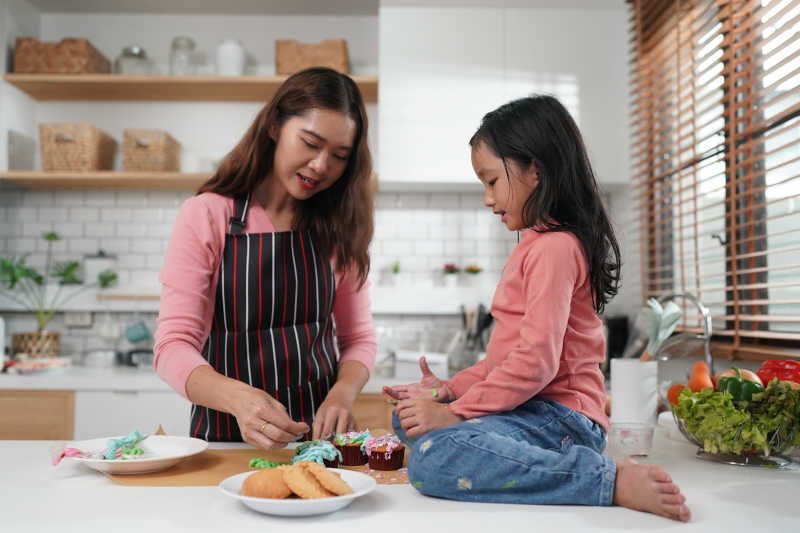5 Ways to Develop a Stronger Sense of Empathy in Children
Empathy is a crucial component of emotional growth because it helps people connect with others deeply, control their emotions, and encourage helpful behaviors. Empathy is something that can be learned, but it’s crucial to start teaching and practicing it early on.
Children with autism and other developmental issues may have a harder time learning empathy because people with autism sometimes have trouble deciphering non-verbal cues like body language and facial expressions.
Fortunately, any age can learn empathy by modeling, prompting, reinforcing, and positive reinforcement. These methods can assist kids in comprehending others’ emotions and teaching them how to react to them with the proper words, body language, facial expressions, and tone of voice. The most effective methods for teaching empathy to kids are listed here, along with instructions on how to use them.
Show Examples of Empathy
It’s crucial to set an example for the conduct you want your child to learn. This exemplifies empathy and helps your youngster grasp what it feels, sounds, and looks like. For instance, being sympathetic to your distressed child, offering assistance to those in need, or performing community service.
The more empathy your child experiences, the more probable it is that they will emulate that behavior.
Develop the Ability to Take a Different Stance and Practice Theory of Mind
To improve theory of mind, start putting easy perspective-taking exercises into practice. Work on basic abilities like gaining a sensory viewpoint to get started. For instance, what I can see, hear, smell, and feel is distinct from what you can do. To teach prosocial actions, you can gradually increase your understanding of the intentions and desires of other people. For instance, if I need help carrying a package or if I tell you how much I adore your new toy, I might ask for a turn playing with it. You can then graduate to more complex talents like comprehending social circumstances. For instance, if we could dissect social interaction and consider the scenario from each party’s point of view. We can consider their feelings, potential actions, potential motives, and thoughts as well as how they might feel and think.
Prompt Conversation on Feelings
It is beneficial to discuss freely with your child about how they are feeling and why they might be feeling that way rather than ignoring them when they are expressing feelings like fear, anger, or sadness. Children should comprehend the connection between our feelings, actions, and thoughts. Make sure to communicate freely about your feelings as well as how other people’s actions affect your feelings, behaviors, and thoughts.
It’s important to refrain from correcting your child when they seem sad or angry; instead, teach them that all emotions are acceptable and assist them in learning to control them via dialogue and contemplation. This is crucial to help kids develop sympathetic behavior by teaching them how to process their emotions and feeling safe while doing so. It also enables them to identify various emotions in others and in themselves.
Encourage Compassionate Behavior
In order for your child to learn and practice empathetic behavior, you must teach them to watch out for others—whether that means in the family or in the neighborhood. This can be accomplished by engaging in activities with your child like giving goods to a neighborhood charity, participating in community service, or assisting a family member or friend with chores. Your child can emulate and learn from your empathic conduct by watching you act with kindness and compassion toward others.
Show Appreciation and Reinforce Empathic Behavior
When your child demonstrates empathy for others, reward them for their actions to promote more empathy in the future. So that kids may comprehend what the conduct was and why it was good, be explicit in your appreciation by mentioning the empathic behavior and how helpful and kind it was. For instance, I appreciate how you hugged and assisted your friend up after they fell; this will make them feel better.
Building and maintaining positive relationships, as well as living a healthy and happy life, depend on the ability to empathize and control one’s emotions. If you need help with your child or want to know if your child would benefit from behavioral intervention programs, contact Alpha Connections. Our intention is to provide children with the resources they need to establish and preserve healthy bonds with members of their family, peer group, and community. Contact our helpful team today for more details.


